Proponents of small government, and those who believe in the right of the people to pursue their potential without the government standing in the way of success, earned a victory this week when one state backed down from enforcing an unnecessary government obstacle in the form of occupational licensing. After a six-month battle, the North Carolina Board of Cosmetic Art Examiners has agreed not to require a woman to obtain an unnecessary license.
Occupational licensing is a form of government restriction regulating who may work in certain professions by requiring a license to work. The purpose is ostensibly to protect consumers — from dangerous or unsanitary practices or services — but the actual result is frequently nothing more than protectionism for those already in the industry in the form of unnecessary burdens for those who wish to enter it.
Furthermore, according to economics professor Morris Kleiner, “there is little evidence that occupational regulation has a major effect on either the quality of service received by consumers or on the demand for the services.” And licensing requirements often differ significantly from state to state, prompting a question regarding their necessity.
So, rather than keeping consumers safe, occupational licensing actually blocks passionate and knowledgeable Americans from their desired work and therefore discourages or prevents an opportunity for these Americans to earn a living and improve their lives.
In North Carolina, makeup artist Jasna Bukvic-Bhayani is the embodiment of the American Dream: She arrived in the U.S. almost two decades ago as a Balkan war refugee, became an American citizen, and decided to open her own business to teach makeup techniques.
After announcing her plans on Facebook, though, a member of the North Carolina Board of Cosmetic Art Examiners actually paid a visit to Bukvic-Bhayani to inform her that a license was required to legally operate such a school and that she would be subject to hundreds, possibly thousands, of dollars in fines otherwise.
Although Bukvic-Bhayani had already completed the state requirements to become a licensed esthetician, North Carolina regulations required her to become a licensed esthetician teacher in order to teach makeup application.
But that license did not recognize that makeup artistry differed from esthetics, so it required her to do things that are entirely unrelated to the application of makeup, including wasting time teaching over 500 hours of the state’s esthetician curriculum (most of which covered completely irrelevant topics) and buying expensive equipment for services she didn’t plan to teach (such as hair removal).
Jasna Bukvic-Bhayani refused to accept this. She, and one of her would-be makeup students Julie Goodall, partnered with the Institute for Justice (IJ) to sue the North Carolina Board of Cosmetic Art Examiners for violating her First Amendment rights.
On Thursday, IJ announced that the Board had agreed to allow Bukvic-Bhayani to operate her school without obtaining the license.
Bukvic-Bhayani is not the only one who could benefit from this decision, as it could set the stage for similar decisions in other industries or in other states, where occupational licensing requiring months of training, exams, and expensive fees deters Americans from following their dreams.
Occupational licensing reform is a necessity, so that we can make it possible for all Americans to chase the American Dream without finding the government standing in their way and making it more difficult, more expensive, and more time-consuming.
The views expressed here are those of the author and do not represent those of any other individual or entity. Follow Sarah on Twitter: @sarahmquinlan.


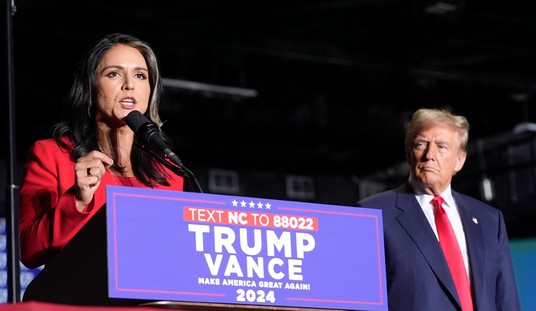
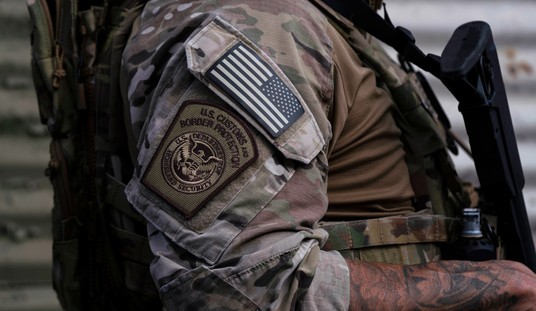

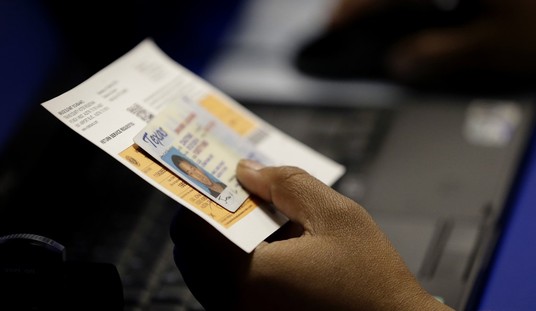

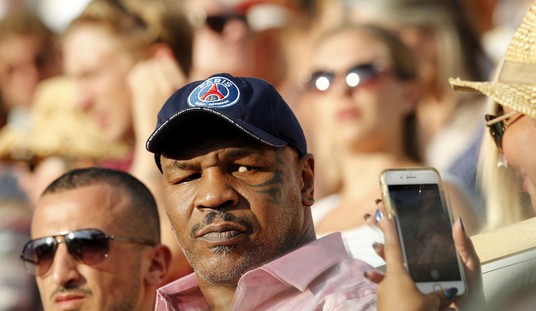

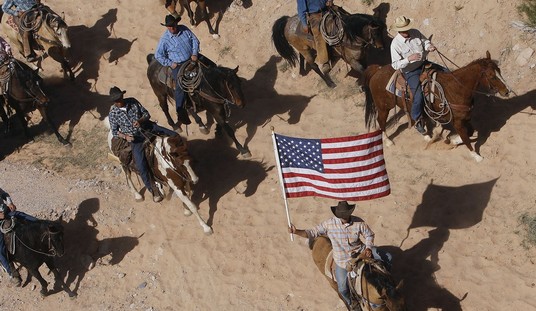
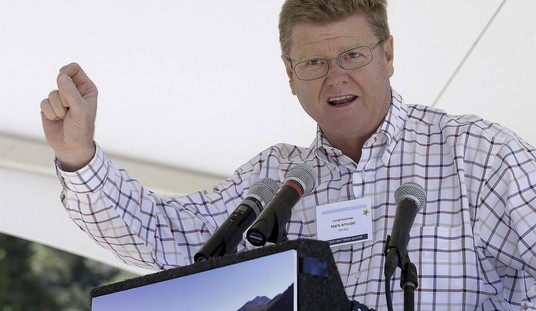

Join the conversation as a VIP Member